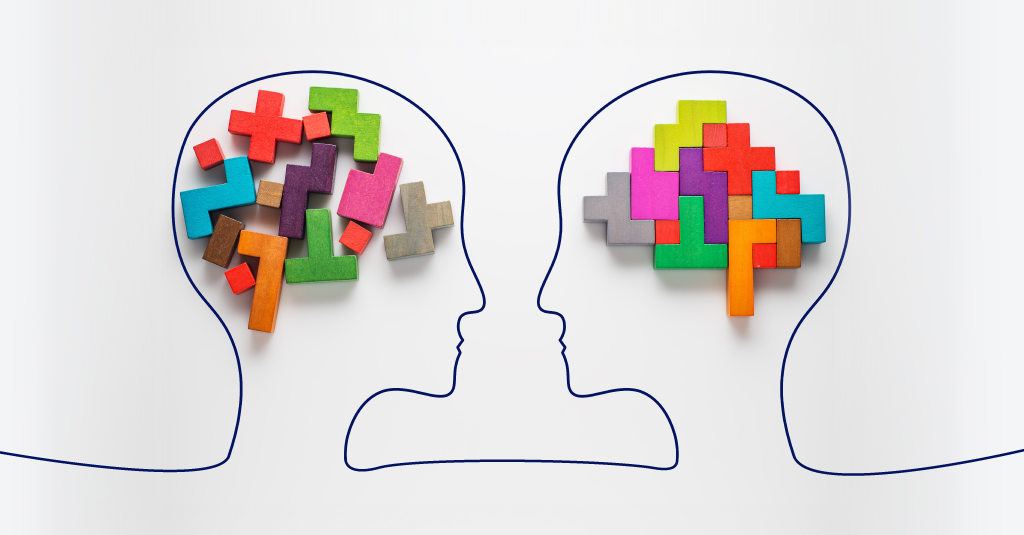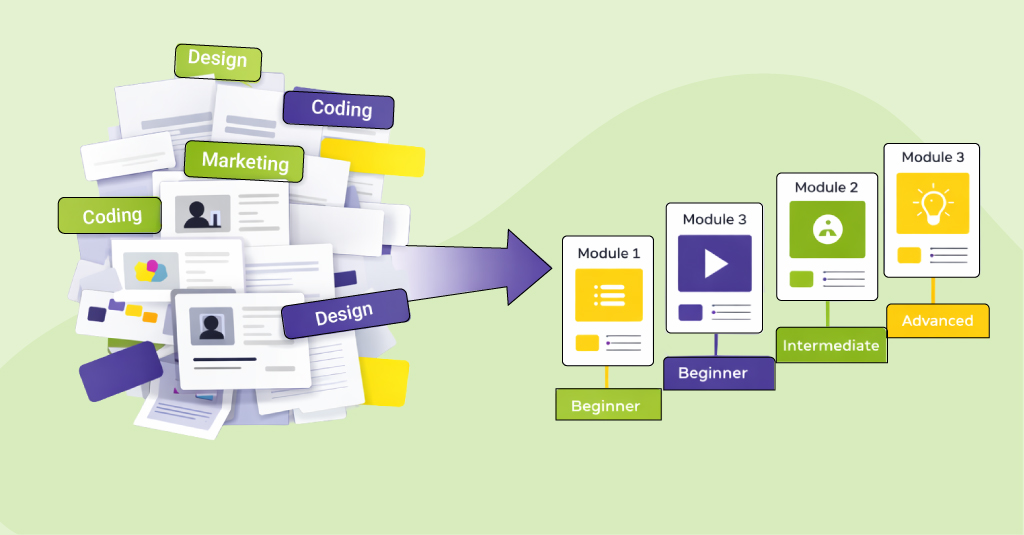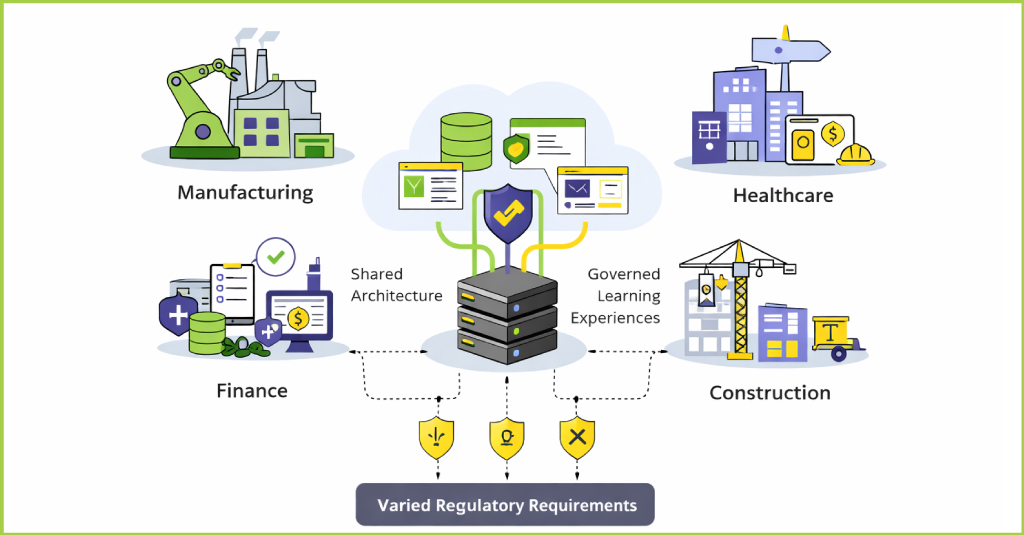So, I’ve been on a bit of a crusade saying we’re not formal logical reasoning beings. And, I do think it’s important to emphasize this in the face of some legacy beliefs. On the other hand, I think there’s evidence that we can be logical. So, how do we reconcile this?
The reason I push against a belief that we’re logical is that too often we are designing as if that’s the case. We see it in way too many policies, practices, and the like. Yet, as has been documented, that’s not our default.
On the other hand, we can be effective reasoners. We have created complex mathematics, advanced science, and generally improved our situation. Something is going on. But what?
Well, Kahneman talks about how we, effectively, have two systems, fast and slow. The slow one takes cognitive effort, so we tend to avoid it. The fast one, then, is default. It’s based upon instinct. Which can be good in two situations: one, where our instincts are likely to be right (e.g. dealing with biologically primary information) or where we have expertise. It can also be bad, where we use it inappropriately.
On the other hand, we can use the slow route. It’s hard, but it works. This is where we reason things out. (We have to be careful, because being hard, we can depend on it inappropriately.) We can use cognitive support, and complementary skills, but we can document the situation, explore alternatives, trial solutions, and reason our way to good decisions.
And we should! Frankly, I’d rather have in office a policy wonk building coalitions of expertise than a solitary ‘profile’ claiming solutions across the board. I want evidence-based approaches, not simplistic and wrong answers to complex problems!
So, we can be formal logical reasoning beings. Under the right circumstances, with the right support. We should automate what we can so we build the necessary expertise, and provide the conditions for good decisions. That can sometimes be fast, and sometimes be slow, but better to be right than to be expedient. Not perfect, of course, but I’m suggesting we err on the side of likelihood.
That’s my view, at any rate. We can be logical, and that’s a matter of design. We should evaluate and optimize situations so we get the best decisions. That recognizes when training is helpful, when performance support can be used, and when we should support good innovation (problem-solving, research, design, etc). So, let’s take a healthy informed look at how we make decisions, and increase the likelihood of good ones. That’s my decision, at any rate. What’s yours?
This blog was originally published on Learnlets.



















